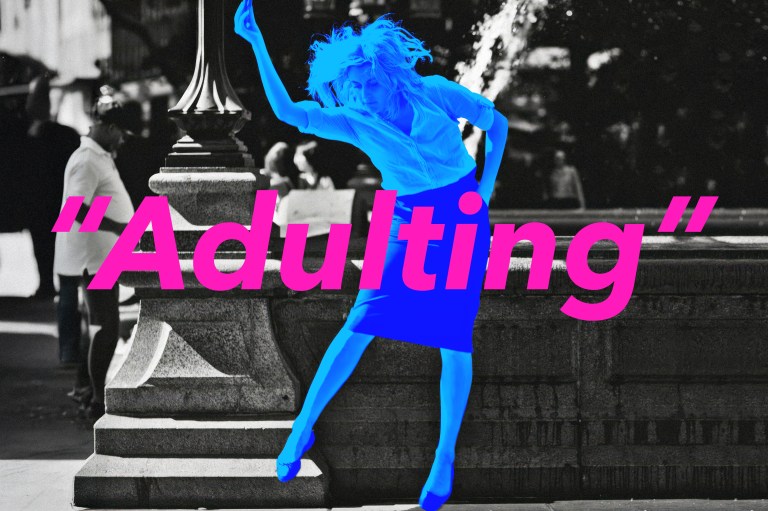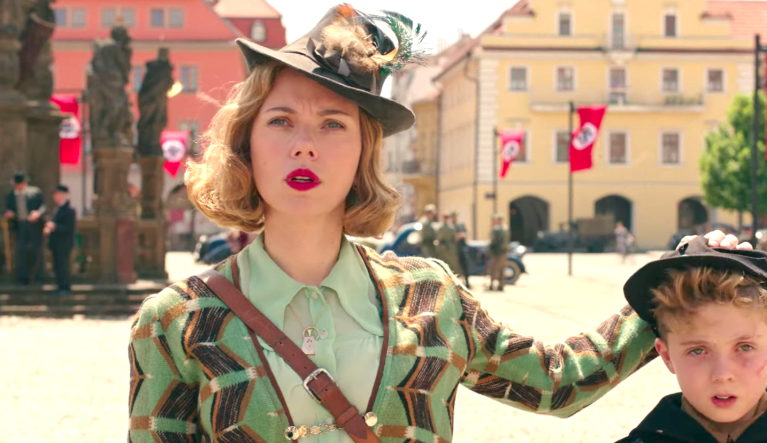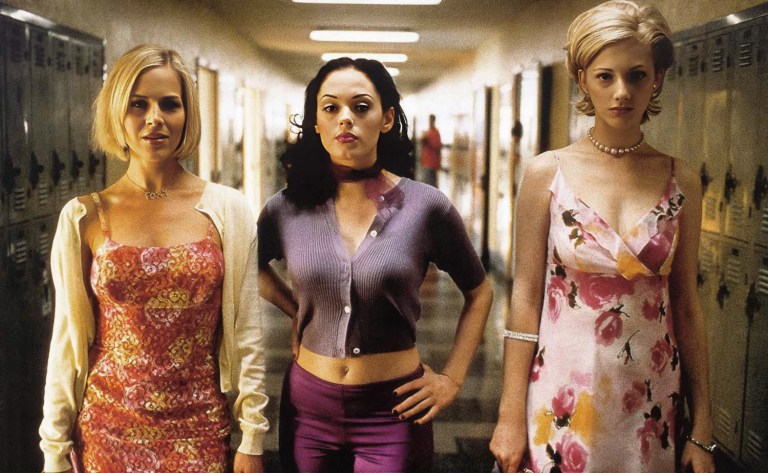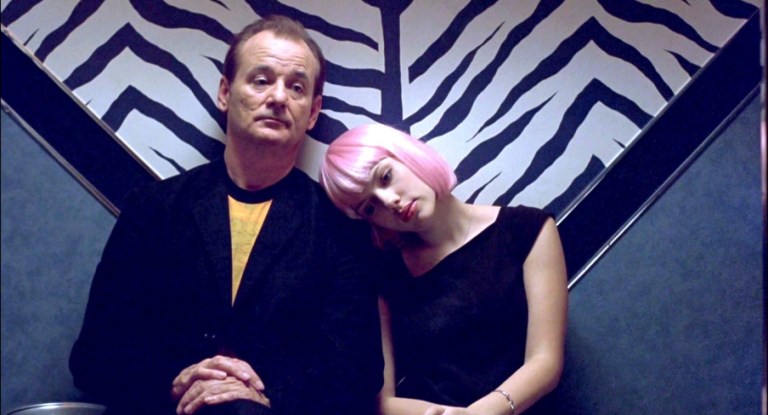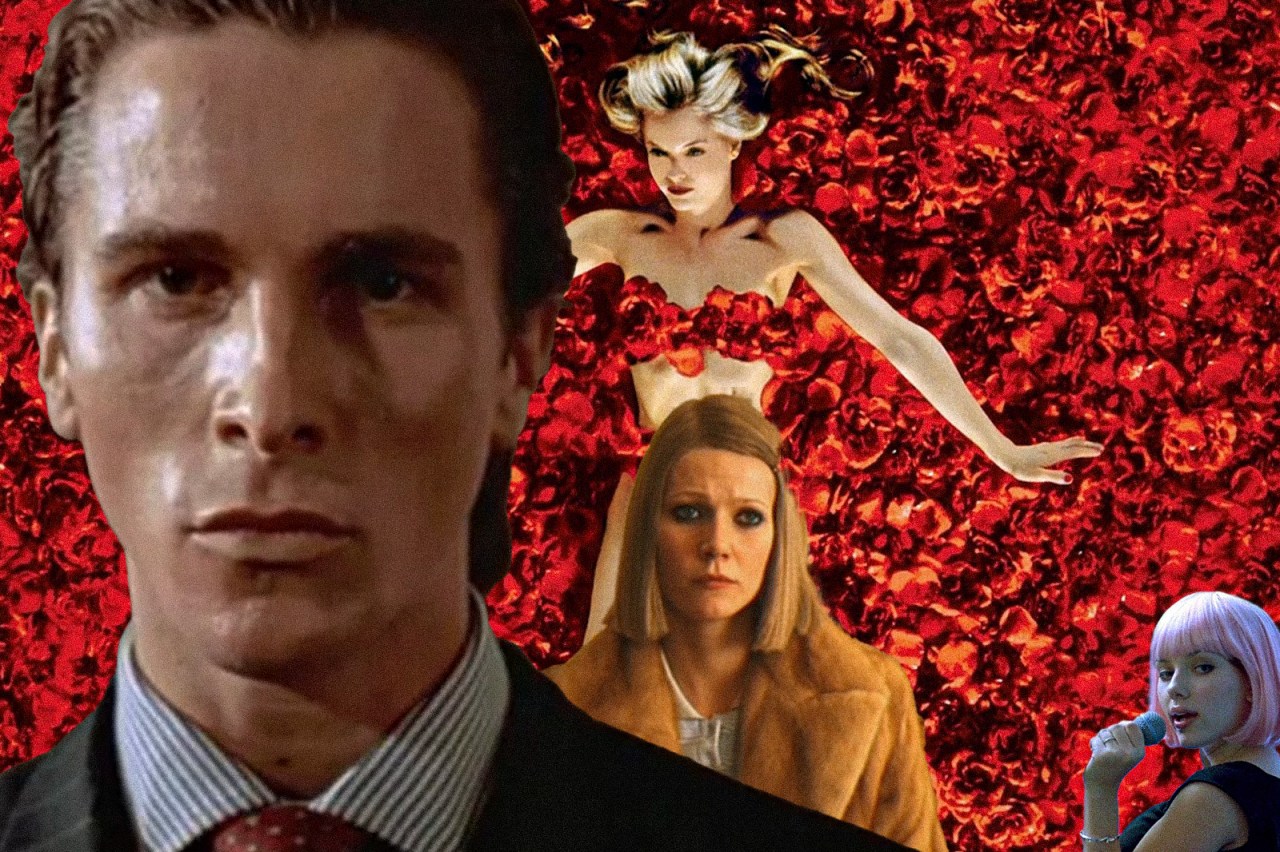
Rating Movies By How Well They Glamorize The Misery Of Being Rich
There’s a class of movie that has at its center the basic idea of “character who has everything on the outside, but has just figured out that s/he has nothing on the inside.”
Arguably one of the lessons of these kinds of movies is something like “Money doesn’t buy happiness,” but somehow, some films seem to glamorize both the affluence and the emptiness that may come along with such a lifestyle. Other films, however, don’t go for this at all. Here are a few rich-yet-unhappy-themed films, rated on how much they make you want to be rich and unhappy.
1. Lost in Translation (2003)
Sofia Coppola has a knack for putting affluent, pretty, naive young female characters in depressing/ alienated/ against the world situations, and Lost in Translation is no exception. The movie’s so quiet and subtle that it might just be second to its soundtrack, which is just as pretty. Whatever the case, Coppola’s sophomore film definitely makes you want to look out over the Tokyo skyline in a lavish hotel at 5 a.m. while feeling melancholy and lost.
Score: 9.7/10
2. The Royal Tenenbaums (2001)
Everyone’s totally rich in The Royal Tenenbaums, but, basically, everyone in the film is also deeply melancholy, in one sense or another. Richie loves Margot. Margot’s totally depressed. Richie tries to kill himself. I think Eli tries to kill himself. Royal fakes stomach cancer. Chas is estranged. Etc. Despite all the suffering, though, Wes Anderson manages to sustain a sense of beauty and security through affluence, and by the end of it all, you wish you were a lovesick Tenenbaum with emotional problems.
Score: 9.2/10
3. As Good As It Gets (1997)
This 1997 romantic comedy starring Jack Nicholson, Helen Hunt, and Greg Kinnear is full of affluence and pretty intense life difficulties. Regardless, James L. Brooks – the film’s director – does a pretty good job of coating the film with a perhaps pre-twee, life-affirming sheen, if you will, wherein viewing the central characters sort of makes you wish you lived such a wealthy and affected, albeit meaningful life.
Score: 8.3/10
4. American Beauty (1999)
Now that the American middle class is crumbling, and 90s nostalgia has quickly taken over 80s nostalgia as the predominant emotional callback for people in their mid- to late-20s, I think it’s reasonable to say that well-off (in terms of money) suburban families like the central characters in Sam Mendes’ American Beauty are at least somewhat ‘rich.’ Admittedly, American Beauty is a little less lighthearted than the films so far mentioned, but there are some pretty tweeningful moments in American Beauty that make you want to go back to being a young, messed up 90s suburbanite.
6. Husbands and Wives (1992)
Arguably one of Woody Allen’s best films to date (well, let’s face it – his golden years in film are probably over) Husband’s and Wives is a movie about a fairly young, fairly affluent group of individuals. At the center of the film is Gabe – Allen’s character – who isn’t depressed per say, but is the embodiment of a typical over-analytical/ pessimistic Allen character. Surrounding Gabe is a veritable whirlwind of marital strife and romantic discord among bohemian and WASPy Manhattan apartments and tennis clubs. And though the film literally ends with the main character directly expressing, to the camera crew, that he wants it to end, some audience members still find themselves secretly wishing that their over-analytical worries were being played out in Manhattan among a group of young, affluent couples.
Score: 7.6/10
7. Greenberg (2010)
Greenberg is a not-very-publicized film whose central characters are played by Ben Stiller and indie film star Greta Gerwig. Directed by Noah Baumbach, the film’s not so much mumblecore as it is anxietycore, maybe. Roger Greenberg, the character played by Ben Stiller, is a 40-something computer programmer who has either bipolar disorder or borderline personality disorder (my own proposed diagnoses). Florence Marr, played by Greta Gerwig, is an awkward 20-something who’s assistant to Roger’s brother and sister-in-law, both rich LA people. While the couple’s on vacation, Roger flies to LA after a nervous breakdown to take time to “do nothing for awhile” (termed as “brave” by another rich character). A complicated relationship between Roger and Florence ensue. A lot of people actually hate this movie, generally citing the abrasiveness of Stiller’s character, but it’s my opinion that Greenberg does an excellent job portraying very concrete and real first world problems.
Score: 3.2/10
8. American Psycho (2000)
Obviously, American Psycho needs no introduction. The film adaptation Bret Easton Ellis’ twisted 1991 novel of the same name is slightly less fucked up than the book, but not by a wide margin. This is perhaps the only movie on this list that almost directly asks the audience to consider the question “Ugh, why are rich people so fucked up?”
Score: 0/10
9. There Will Be Blood (2007)
Arguably one of the best films of the ’00s, There Will Be Blood charts the life course of a ruthless oil entrepreneur named Daniel Plainview, played by Daniel Day Lewis, during the oil boom in America in the late 19th and early 20th centuries. As you might have guessed from this list’s headline, Plainview’s life doesn’t turn out so ideal, and the results are pretty ugly.
Score: 3.9/10
10. Synecdoche, New York (2008)
Easily one of Charlie Kaufman’s best films – and, coincidentally, his directorial debut – as well as one of Philip Seymour Hoffman’s greatest performances, in my view, Synecdoche, New York doesn’t really offer the viewer much in terms of existential consolation. The film approaches the audience in a very concrete, down-to -to earth sense at the beginning of the film – a brief portrait of a well-off playwright, his painter wife, and their child – but quickly becomes complicated by continuous additions of layers of existential dread, confusion, loss, and despair. I think we can all agree that watching Synecdoche, New York, none of us wanted to be in Caden Cotard’s shoes.
Score: 0.5/10 (He gets to go to Germany at one point, which is pretty cool.)
